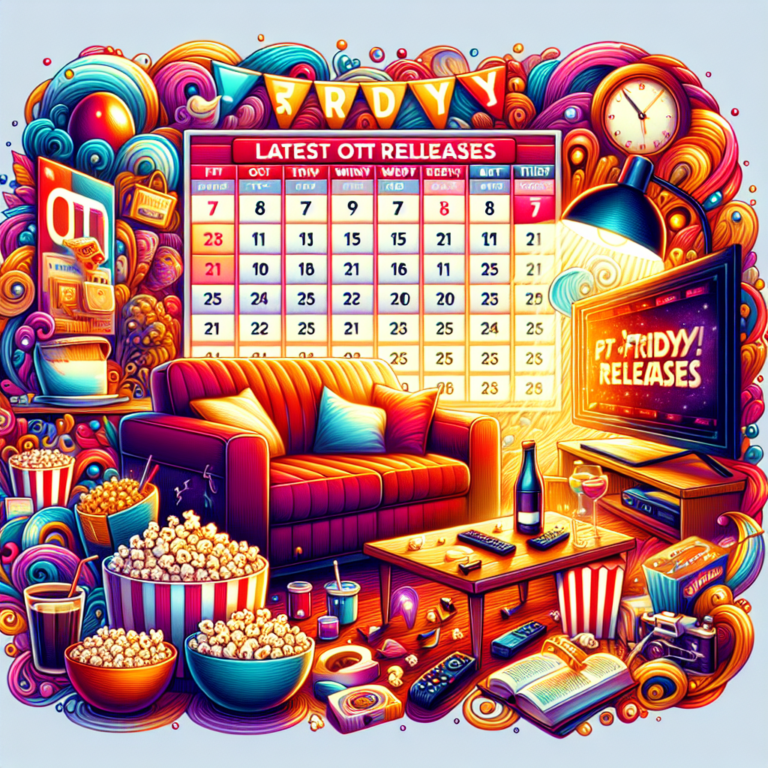Marianne Faithfull has long been celebrated as an enigmatic figure in music, but her influence and prowess extend well beyond the world of song. As an actress, she has brought depth and complexity to a range of characters, leaving an indelible mark on cinema. From her early days in the 1960s to more contemporary roles, Faithfull’s filmography is a testament to her artistic versatility and resilience.
The Early Years: A Star is Born
Marianne Faithfull’s foray into acting happened in tandem with her burgeoning music career. Her ethereal presence was first showcased in the 1968 film Girl on a Motorcycle, which featured her as a rebellious woman in search of freedom and self-discovery. This role not only highlighted her striking beauty but also showcased her ability to embody the spirit of the era—a woman unafraid to challenge social norms.
This film, coupled with her relationship with iconic figures like Mick Jagger of The Rolling Stones, situated Faithfull as a symbol of the sexual revolution and artistic expression. Her performances were often layered with personal experiences and struggles, drawing audiences not just into the narrative but compelling them to connect emotionally with her character’s journeys.
The Dramatic Shift
As the 1970s approached, Faithfull’s life began to mirror the tumult and unpredictability of her film roles. Battling addiction and personal strife, she became synonymous with the turbulent bohemian lifestyle of the time. Yet, it was precisely these struggles that enriched her performances, adding a raw authenticity that resonated with audiences.
In The Devil is a Woman (1976), Faithfull portrayed a captivating figure caught in a web of manipulation and desire. Her performance bridged the gap between the artistic and the raw, reminding viewers that the struggles of life often produce the most powerful art. The film emphasized her talent for portraying complex female characters, often imbued with the nuances of longing and despair.
Reinventing Herself
As the decades progressed, Faithfull did not shy away from embracing unconventional roles that showcased her maturity as both an artist and a woman. She starred in Marie Antoinette (2006), where she played the Queen’s confidante, a role that allowed her to reflect on the complexities of femininity and power dynamics. Her ability to metamorphose was a testament to her skill and an indication of a woman unafraid to explore the shadows and light of the human experience.
In the critically acclaimed film Irina Palm (2007), Faithfull’s performance as a grandmother who finds unexpected work in a London sex club was both poignant and humorous. The role challenged societal norms and expectations for women of her age, proving that sensuality and strength can coexist at any stage of life. This film marked a renaissance in Faithfull’s acting career, illuminating her capacity for both resilience and vulnerability as she navigated a world that often marginalizes aging women.
The Legacy of Marianne Faithfull’s Film Work
Beyond traditional acting roles, Marianne Faithfull has made several unforgettable appearances in documentaries and biographical films, including her own life stories. Her documentary Marianne Faithfull: The Price of Fame (2005) offered candid glimpses into her life—the highs and lows, triumphs and tribulations—helping to create a rich tapestry of the artist’s journey.
Faithfull’s performances often reflect her profound insights into the human condition, tackling themes such as identity, love, loss, and resilience. Her ability to infuse her characters with autobiographical elements fosters a deep emotional connection with audiences, leading to an enduring legacy in both music and film.
Conclusion
Marianne Faithfull is more than a ‘voice of a generation’; she is a multifaceted artist whose film roles have captured the complexities of human emotions and experiences. From a young woman seeking freedom in the 1960s to a wise, introspective figure in later years, Faithfull’s cinematic contributions are invaluable. As she continues to evolve as an artist, her work stands as a testament to the power of storytelling and the enduring spirit of those who dare to explore the depths of their creativity. Beyond the music, Marianne Faithfull’s iconic film roles remind us that life’s richness lies in its multifaceted narratives.



